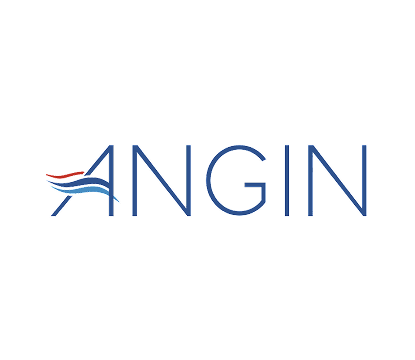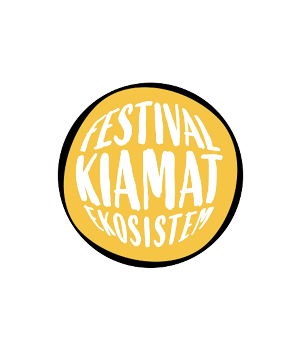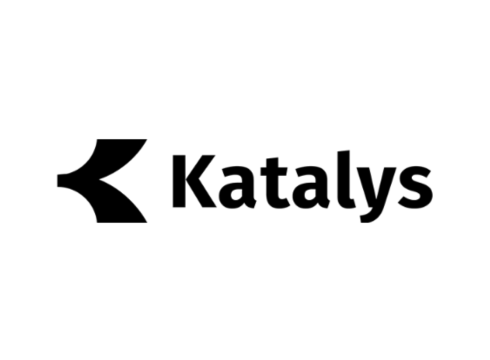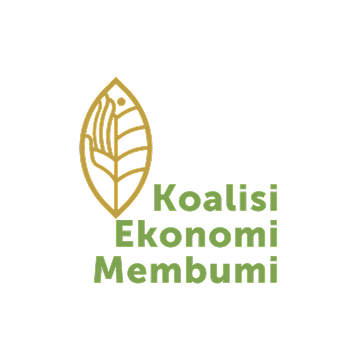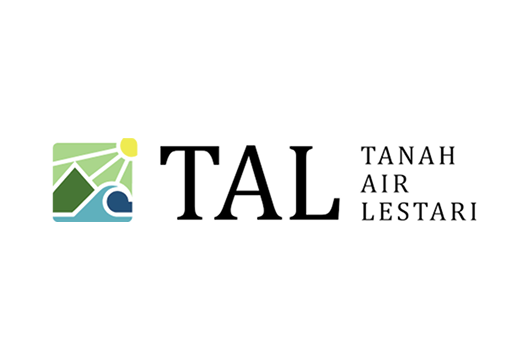Energizing Leaders,
Redefining Future.
Our Ways of Working
Lasting change begins with the people who lead it. At BLESS, transformation grows through steady presence, meaningful connection, and momentum built together.

Breathe
We create safe spaces for leaders to pause, reflect, build emotional resilience, and help them cultivate the clarity and focus needed to navigate complexity.

Connect
We bridge silos across systems, helping leaders build trust, collaboration, and alignment that can unlock more coordinated change.

Amplify
We support leaders to grow what matters by shifting behaviors, scaling impact, and strengthening ecosystems through strategic and systemic approaches.
The Programs
With programs currently evolving, BLESS advances systemic and leadership interventions to support Indonesia’s ecological and economic transformation.

Leadership Resilience Development
Support for leaders to rest, reflect, and regain clarity through tailored retreats, emotional resilience tools, and deep listening.
- Reflective retreats for emotional grounding
- Workshops on systemic thinking & collaborative leadership
- Practical tools to sustain personal clarity and impact
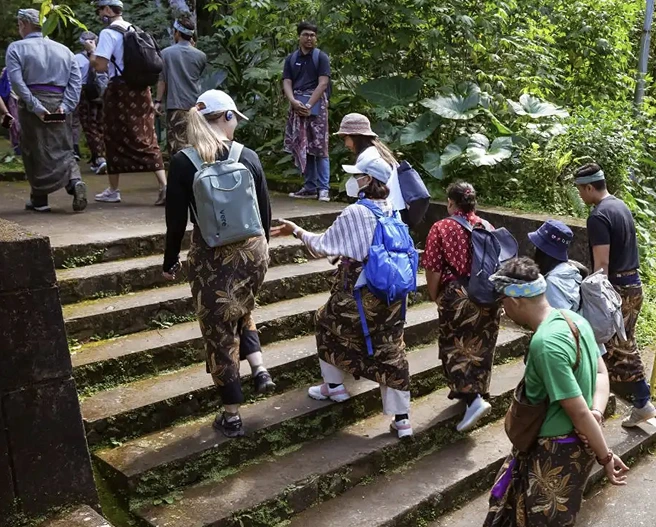

System Change & Nudges
Support for leaders driving bold policy, business, and behavioral change, rooted in local context, data, and courage.
- Policy innovation and governance labs
- Responsible business ecosystem pilots
- Behavior shift strategies for collective action

BLESS Strategic Objectives
These are the strategic goals BLESS is shaping today to support the long-term vision of 2045, aligned with Project FLARE—Fostering Linkages in Actionable Reform of Economy.
Objective
200+
Intended Outcomes
8.5 mio
professionals envisioned in the responsible bioeconomy
20 mio
hectares of ecosystems targeted for protection/restoration
12%
of target GDP from non-extractive sectors by 2045
FLARE 2045 Strategy
In collaboration with Koalisi Ekonomi Membumi, Project FLARE serves as the long-term framework guiding Indonesia’s shift beyond extractive industries. It focuses on high-risk regions, aligning diverse actors to deliver measurable outcomes by 2045.
What’s at Stake
Indonesia is projected to expand monoculture plantations by 30–40% and grow the extractive industry’s GDP share beyond 13% by 2045. This trajectory will continue unless a new pathway takes root. FLARE aims to be that turning point.
*The calculation behind these figures are continuously being refined

Ecosystems Restored
20 million hectares of forests and peatlands protected and restored across high-risk critical ecosystem areas.

Workforce Transformation
8.5 million jobs in Responsible Bioeconomy sectors, with 4 million professionals trained

Emission Reduction
25.51 GT CO₂e mitigated cumulatively, with 1.4 GT CO₂e per year

Economic Shift
Extractive industries contribute less than 10% to GDP

Non Extractive GDP Contribution
Increase to at least 90% with at least 12% of national GDP driven by nature-based Responsible Bioeconomy
To understand how these long-term goals are already being tracked and reflected in real-time systems change, visit our Impact to explore the signals of progress.
We Have Collaborated With
